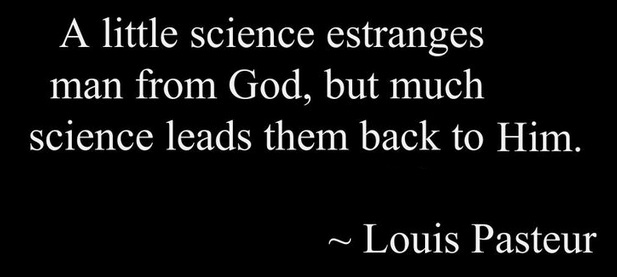
We know Albert Einstein, most famous for his E=mc² equation showing matter and energy are interchangeable, eventually said “God does not play dice” with the universe.
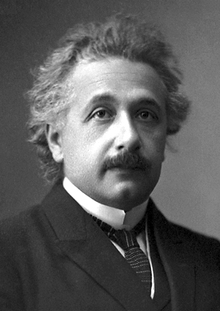
Einstein qualified his views on God, saying: “I believe in Spinoza’s God, who reveals himself in the harmony of all that exists, not in a God who concerns himself with the fate and the doings of mankind.” Not a traditional Christian believer in a personal God, but Einstein did come around at least to the point of deism – belief in God as an intelligent creator.
Stephen Hawking, best known for his theories on black holes and the nature of time, was an ardent atheist for decades, yet eventually became at least a deist as well, writing that he was “not religious in the normal sense,” and that “some form of intelligent design” seemed to be behind the creation of the universe.
“… if we do discover a complete theory, it should in time be understandable in broad principle by everyone, not just a few scientists. Then we shall all, philosophers, scientists, and just ordinary people, be able to take part in the discussion of the question of why it is that we and the universe exist. If we find the answer to that, it would be the ultimate triumph of human reason – for then we would know the mind of God.”
― Stephen Hawking, A Brief History of Time
Just last month (June 2016) he surprised a group at Cambridge by explaining that his brother’s near death experience had recently changed his views:
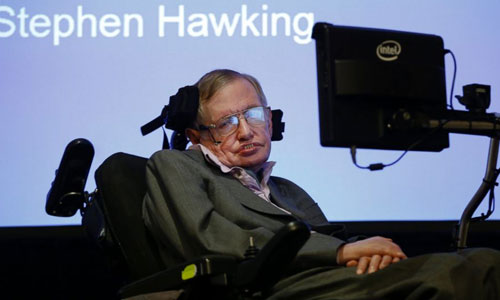
“Modern science relies on the perception that consciousness lies within the human brain, but what my brother experienced during his clinical death, I cannot explain. Does consciousness lie outside of the human body? Is the human brain just a receptor, capable of receiving the “consciousness wave” as AM/FM radios receive radio waves? These are questions modern science has not yet answered and could redefine our view of the Universe and modern physics completely” he acknowledged. He also explained that his research on the creation of the universe has led him to isolate an odd scientific factor – which he calls “the God factor” – though in many ways contrary to the universal laws of physics, must be acknowledged.
And now in July 2016:
“Meet world-renowned American physicist Dr. Michio Kaku, 69. Born to Japanese parents, for 25 years he has held the Henry Semat Chair and professor of theoretical physics at City College of New York.
His journey started as a student at Cubberley High School in Palo Alto, California. Kaku showed up at his school’s National Science Fair with a particle accelerator, an atom smasher, that he made in his parent’s garage…
Kaku would graduate summa cum laude and at the top of his physic’s class at Harvard University in 1968 and go on to receive his Ph.D in physics from the University of California in 1972. He is co-founder of string field theory, a widely accepted revolutionary theory that uses strings (one-dimensional objects) to replace “point-like particles” found in particles physics. He has authored seven books, including Hyperspace: A scientific odyssey through Parallel Universes and Parallel Worlds: A journey through creation, higher dimensions and the future of the Cosmos. Many have become best sellers.
He is also a popular speaker appearing on several radio and TV shows. He has been featured in several documentaries too numerous to list here produced by such organizations as the History Channel, BBC, The Science Channel and The Discovery Channel. Recently Kaku shocked the science world when he stated his belief in a Creator. In an interview with Geophysical Association of Anthropological and Cultural Studies he said:
“To me it is clear that we exist in a plan which is governed by rules that were created, shaped by a universal intelligence and not by chance.”
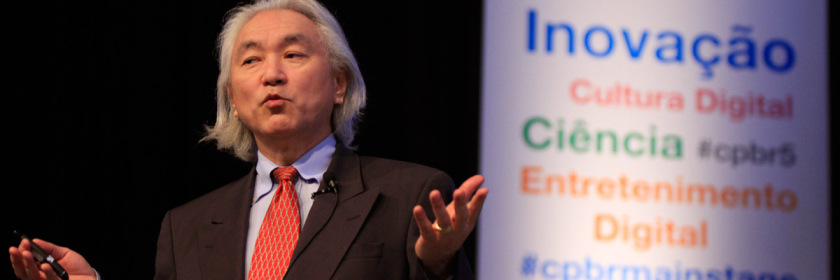 He made similar statements in an interview with Ferocesmente when he added, “I have concluded that we are in a world made by rules created by an intelligence. Believe me, everything we call chance today won’t make sense anymore.”
He made similar statements in an interview with Ferocesmente when he added, “I have concluded that we are in a world made by rules created by an intelligence. Believe me, everything we call chance today won’t make sense anymore.”
Though Kaku does not perceive God, who he refers to as a “mathematician,” from a Christian perspective, he nevertheless acknowledges that what we see on earth and in the universe indicates the handiwork of a Creator.
Kaku says the universe is far too complex to have been created randomly by chance as evolutionists want us to believe.
The reaction by atheists has been predictable. They have mocked his ideas and then of course predictably tried to personally discredit him.” (source article here)
And although mentioning him backtracks in time, Sir Isaac Newton believed in God in the traditional sense and studied the Bible – attempting to decode and understand it all – for at least 45 years.
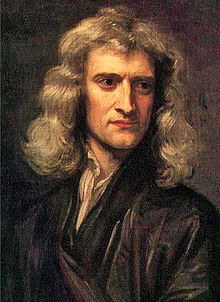
Wikipedia’s entry describes him as a “physicist and mathematician who is widely recognized as one of the most influential scientists of all time.” Just a few of his contributions to mankind centuries ago include his laws of motion and gravitation, and the development of calculus. “Newton dedicated much of his time to the study of biblical chronology” and specifically the chronology of prophecy – dating end times events (to the 21st century, by the way) – which I covered in detail in Antichrist 2016-2019 and earlier in End Times and 2019.
If the evidence in math and science eventually leads the greatest scientific minds of theoretical physics to belief in an intelligent creator (even if not always God in the traditional religious sense) I think this must be a huge obstacle for atheists arguing against God – if your theory’s most intelligent supporters continually switch over to belief in God, there might be a big flaw in your atheism…
